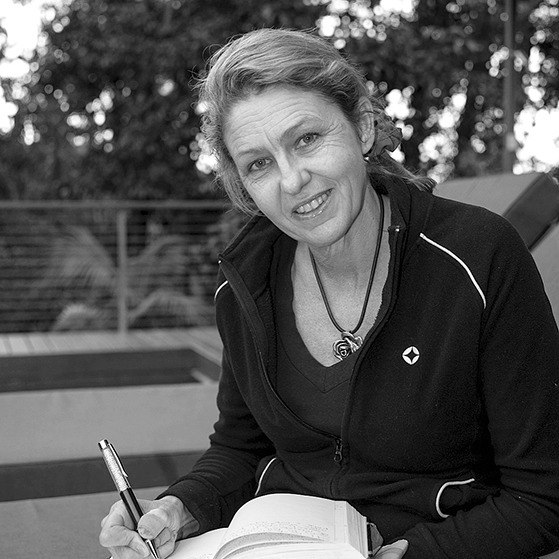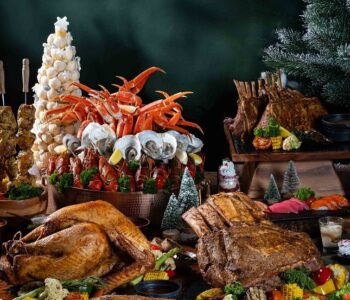Each month, NOW! Jakarta brings you tales of hidden heritage from our intrepid traveling duo Stephanie Brookes, writer, and David Metcalf, photographer. During 2017 they have brought stories back from Java, Sumatra, Sulawesi, Kalimantan, West Timor and Bali. From meetings with tribal kings to long jungle treks to encounters with shy nomadic forest people, here are a few highlights from their 2017 journeys.
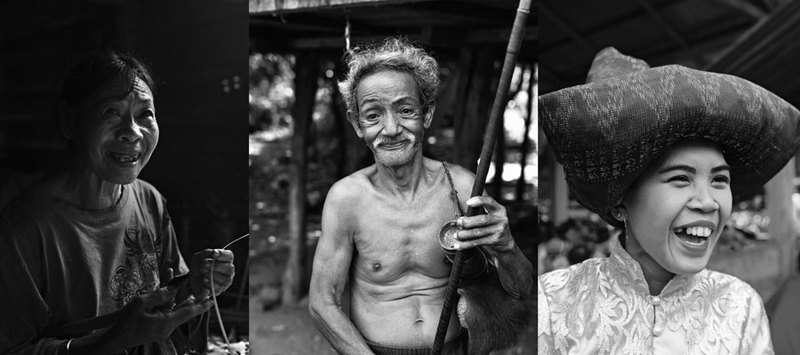
Meeting the Punan – The Invisible People
When I first heard about a Dayak tribe living in caves deep in the forests of Borneo, I decided to learn more about them and, if possible, to pay them a visit. Luckily, not long afterwards, I met Thomas Mita at a Dayak cultural festival in Malinau, North Kalimantan. Thomas is Chief of all the Punan tribes in Kalimantan.
“One day I will take you to meet our nomadic Punan cave dwellers”, Thomas promised. “I am happy that you are interested to learn about our culture. It is very rare that anyone from the outside takes an interest. I do need time to arrange this, though, especially because they can be difficult to track down.”
Two years after that conversation, Thomas and I were in a small motorised canoe on a wide, fast flowing river just out of Malinau, North Kalimantan and my journey to find the Punan had begun.
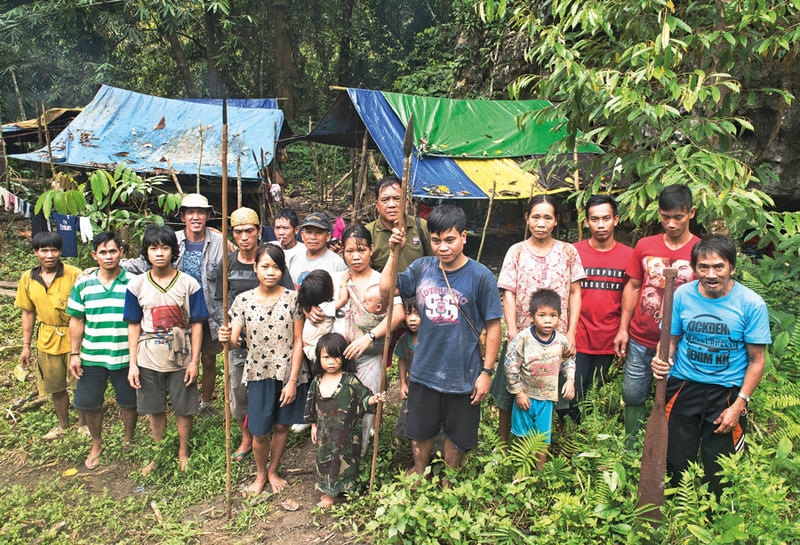
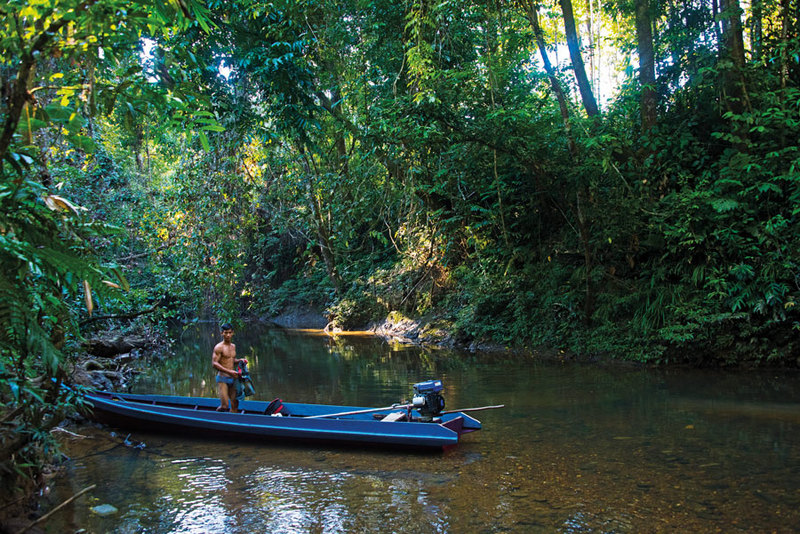
After two hours, and negotiating a series of small rapids, we tied up our canoe and started our trek inland. When we arrived at their caves, a small group of Punan people emerged. At first they kept their distance and seemed highly suspicious of me, a white person. There were lots of words rapidly fired back and forth between the locals and Thomas before the tension eased and they finally began communicating with me through Thomas. This exchange was interrupted by the arrival of a pig – a dead one tied to the back of a euphoric hunter, who wandered proudly in from the forest.
With the ice broken, the Punan tribesmen described how they frequently hunt wild boar, an important source of protein and fat. The boar fat is stored in containers high up in their caves and can be kept for weeks if cooked. They explained that they also hunt other wild game, and fish. The Punan are animist, and they spoke of their great spirit, Natala. They clearly had a deep connection to the land and considered themselves, not as owners, but as trustees. Thomas stressed that they take no more from the land or forest than what they need.
Karo Batak, North Sumatra
Without warning, our driver just stopped in the middle of a small town, north of Medan and exclaimed excitedly, “A Karo wedding! Come and meet the bride and groom, and the family. The Karo Batak people are very welcoming, and it is perfectly okay to join in festivities without an invitation if you are a foreigner. In fact, you will be greeted enthusiastically and be honoured as an auspicious guest”. With that encouragement, we decided to join in.
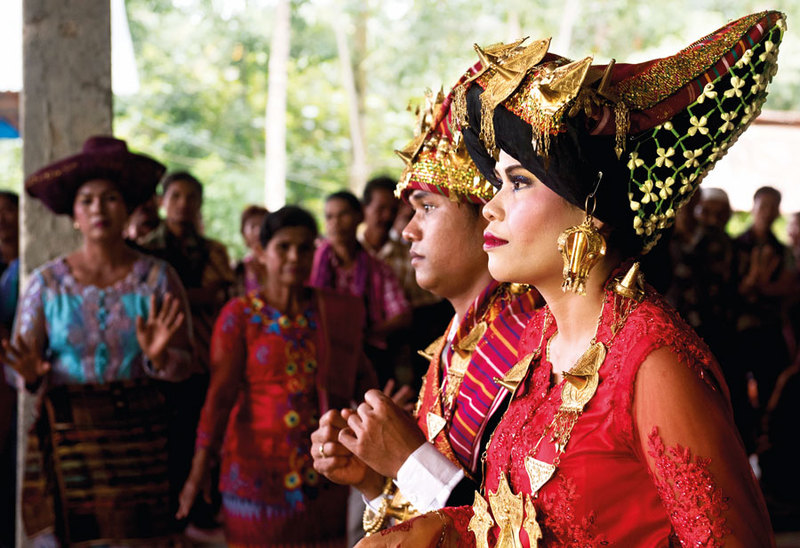
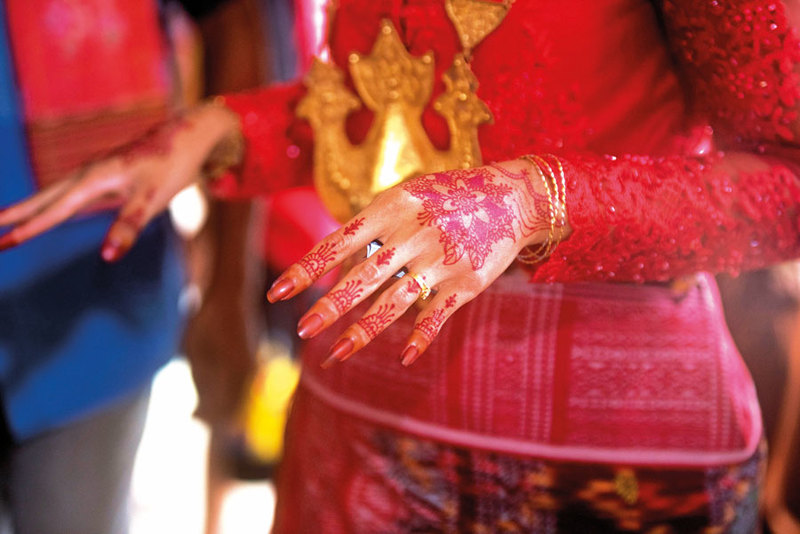
We shuffled along in the long line extending outside the village hall to meet the bride and groom. They sat stoically on a richly decorated silk settee inside the hall greeting the guests. As for many Indonesian wedding ceremonies, the couple wore elaborate traditional clothing and accessories with heavy golden ornaments and many layers of fabric. The intricate patterns on their clothing included important Karo Batak icons and were a stunning work of art in themselves.
We arrived just as two distinct lines of guests had formed, one facing the other. Members of the bride’s family and members of the groom’s family danced towards one another in perfect time to traditional Karo music. When the lines met, there was great rejoicing as this symbolized the joining of the two families.
I got chatting to one of the local women, who told me about an interesting tradition. “To avoid a possible kidnapping (by a thwarted lover), the bride and groom must return to the groom’s family home immediately after the wedding. They must reside there for four days and nights and cannot leave for any reason”. It is fascinating to know this tradition dates back to ancient pre-Christian customs.
The Wana Wanderers of Sulawesi
If you want to meet the Wana tribe, then be prepared for a long trek into their rugged territory. The Wana are wanderers who periodically pack up and move their villages.
After taking four hours to trek six kilometres through forest and swamplands, we came upon a long straight fence made of wood. Soon afterward we spotted a cluster of neat wooden buildings. Arriving at the main house in the settlement, we were greeted with big smiles by the elders gathered outside.
They warmly invited us to sit with them in a circle. After we had all settled down on hand-woven leaf floor mats, a soft-spoken Wana elder explained, “Every Wana village has a dukan, who safeguards our ancient knowledge. We follow shamanist ways and worship our ancestors. The forest provides our food, our medicine and everything we need. Our way of life is strong and does not change. The Government leaves us alone to live the way we want”. He added with a wry smile, “They do like to collect data on us, but we are hard to catch because we pack up and move regularly”.
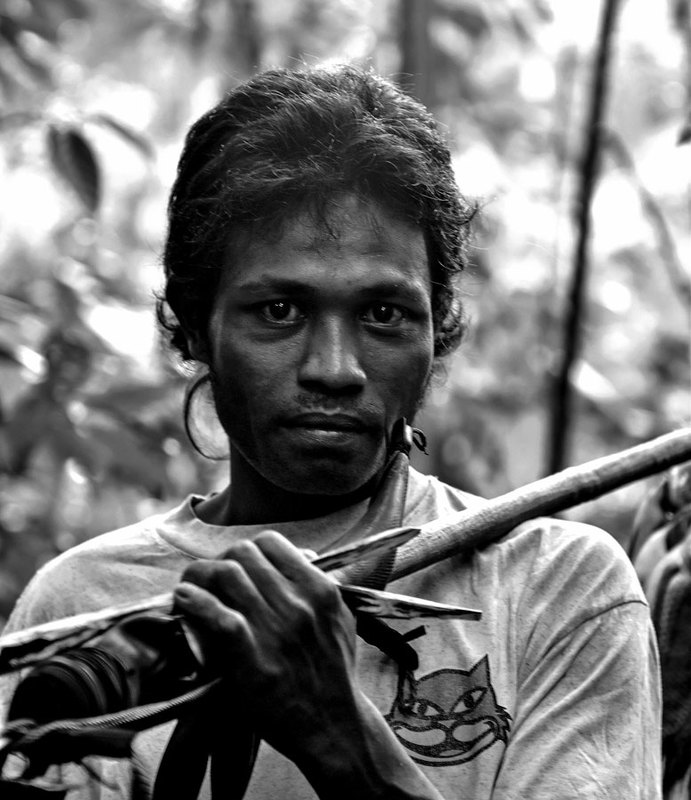
Photo by David Metcalf/NOW!JAKARTA
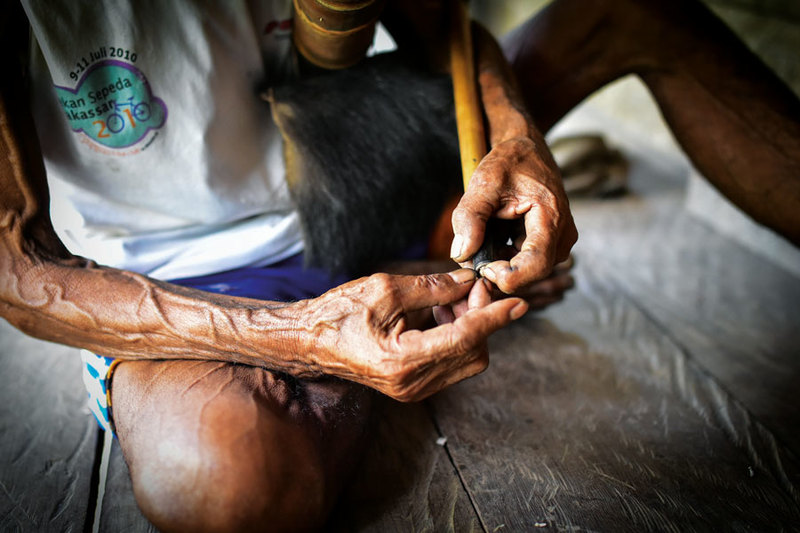
I watched with fascination as one of the Wana elders, a woman of about eighty, rolled tree bark around a wad of tobacco. She shaped it into a perfect cigarette in less than a minute while her husband, a jovial character, joined the conversation. “In the old days we were entirely nomadic, but now we settle in an area for around three to four years. We burn and clear a patch of land and grow our crops. When the soil is depleted, we pack up our plank houses and move on so it can regenerate. We have the deepest respect for the earth”, he said.
These traditional land dwelling people of Morowali National Park are true conservationists. Retaining their tribal ways and roaming the forests of Sulawesi, they are a fine example of Indonesia’s rich living cultural diversity.
About the contributor :
Stephanie Brookes is a travel writer and blogger with tales from Indonesia and beyond. Please see www.travelwriter.ws
http://www.facebook.com/stephtravelwriter
www.instagram.com/stephtravelwriter
David Metcalf runs cultural photography tours in Indonesia and beyond. His photo gallery, Taksu Photo Gallery in Ubud, Bali is a showcase of beautiful photographic work from Indonesia.
www.davidmetcalfphotography.com
www.instagram.com/davidmetcalfphotography

